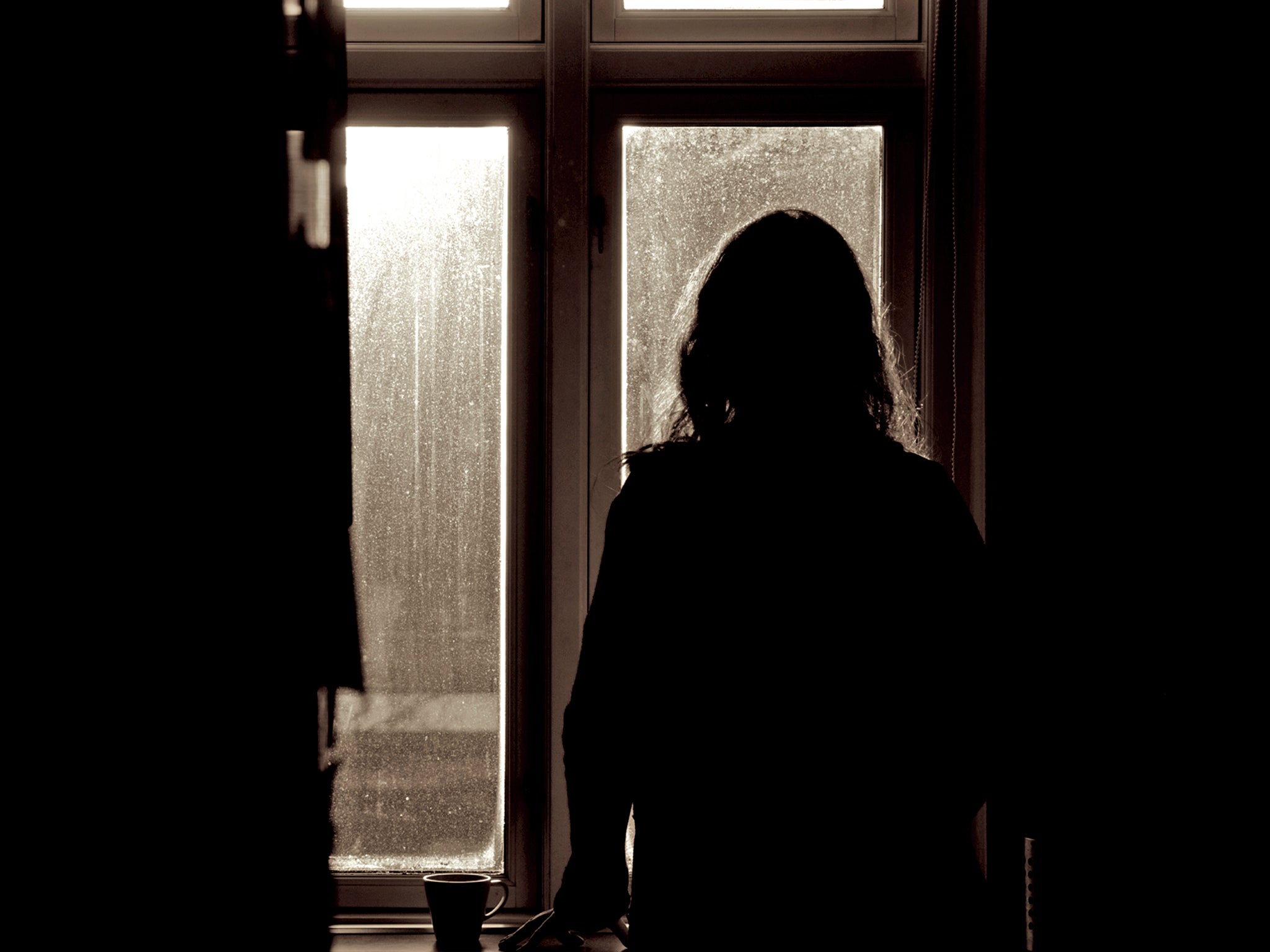Sex trafficking taking place on an 'industrial scale' as government strategy 'failing', MPs warn
Hundreds of vulnerable women, predominantly from Eastern Europe, being supplied by trafficking gangs into residential properties to be sexually exploited by British men, report finds

Sex trafficking is taking place on an “industrial scale” across England and Wales as the government’s strategy for tackling the issue fails to deliver, new research claims.
A report finds so-called “pop-up brothels” – premises rented for short periods of time to sexually exploit women – are widespread, with hundreds of vulnerable women, predominantly from Eastern Europe, being supplied by trafficking gangs into residential properties in order to be sexually exploited by British men.
The inquiry by the All-Party Parliamentary Group (APPG) on Prostitution and the Global Sex Trade found the practice was being enabled by “prostitution procurement websites” such as Adultwork, and driven by a minority of UK men who pay for sex.
MPs have subsequently called for the criminalisation of paying for sex and the decriminalisation or selling sex, as well as a crackdown on websites from advertising and profiting from prostitution.
There are at least 212 active, ongoing police operations in the UK into modern slavery cases involving sexual exploitation, and it is overwhelmingly foreign national women who are being exploited in British brothels, the report found.
Figures from police forces showed Leicestershire police visited 156 brothels, encountering 421 women in the two years to December 2017 – 86 per cent of whom were Romanian. Northumbria Police visited 81 brothels containing 259 women in the two years to April 2018, three quarters of whom were from Romania.
More than half of the brothels were recorded as being connected to other brothels, agencies or non-UK Organised Crime Groups.
Greater Manchester Police had meanwhile identified 324 potential new brothel addresses since March 2015, of which the police said “the majority reflect the hotspot areas for modern slavery” in the city.
The inquiry found that organised crime groups typically advertise women to sex buyers on commercial websites such as Vivastreet or Adultwork, with one man being investigated for sex trafficking spending over £20,000 placing adverts of women on one commercial website.
MPs said that in order to tackle this issue, the government must prevent websites from advertising and profiting from prostitution.
They also said ministers should criminalise paying for sex and decriminalise selling sex in order to tackle the demand from sex buyers that drives sex trafficking, citing a study of 6,000 UK men which found 3.6 per cent had paid for sex in the past five years.
France, Sweden, Iceland, Norway, the Republic of Ireland and Northern Ireland have all criminalised paying for sex and decriminalised selling sex in order to tackle demand from sex buyers.
Other recommendations included establishing a national register of landlords and issuing guidance for the short-term letting sector on preventing sexual exploitation, as well as removing the criminal offence of soliciting in a street or public space for the purpose of “selling” sex.
Gavin Shuker MP, chair of the APPG, said sexual exploitation of women by organised crime groups was taking place on an “industrial scale”, with a "revolving door of vulnerable women being supplied by trafficking gangs into pop-up brothels.
“Right now the traffickers are winning. The UK is currently a low risk destination for organised crime groups seeking to sexually exploit vulnerable women,” he said.
"The government must act now to combat demand for sexual exploitation by criminalising paying for sex. It is money from sex buyers that lines the pockets of traffickers. Without their demand there would be no ‘supply’ of women into this ruthless trade.
"Organised crime groups should also be disrupted by cracking down on the prostitution websites they use to advertise women to sex buyers. The scale on which organised sexual exploitation is taking place in this country is a national scandal. But it can – and must - be stopped.”
Sophie Walker, leader of the Women’s Equality Party, said: “Today’s report shows the scale and nature of the sexual exploitation of women across the UK. Organised crime groups dominate the off-street prostitution trade and make money by trafficking, threatening and coercing women – most of whom are non-UK nationals.
“Demand from sex buyers makes the sex trade profitable for traffickers and pimps and other third parties like the websites identified by the APPG.
"That is why, along with removing the threat of prosecution for women who sell sex and funding exit services for those involved in prostitution, a sex buyer’s law is needed to address this form of modern slavery."
A Home Office spokesperson said: “Modern Slavery and human trafficking are abhorrent crimes which this Government is working to tackle.
“The UK has some of the toughest Modern Slavery laws in the world and the Modern Slavery Act, introduced by Theresa May in 2015, has given law enforcement agencies the tools to they need to tackle modern slavery and identify victims online, including a maximum life sentences for perpetrators and enhanced protection for victims.
“We are clear that the internet must not be viewed as a safe space for these despicable individuals to traffic human beings. The NCA, supported by Government, has increased operational activity against key modern slavery threats, including employing new techniques to identify and disrupt offenders operating online.”
Join our commenting forum
Join thought-provoking conversations, follow other Independent readers and see their replies
Comments